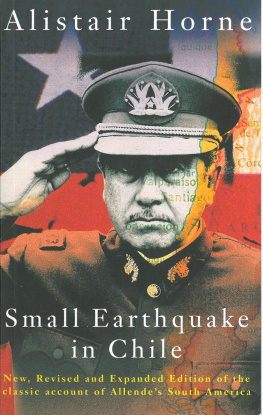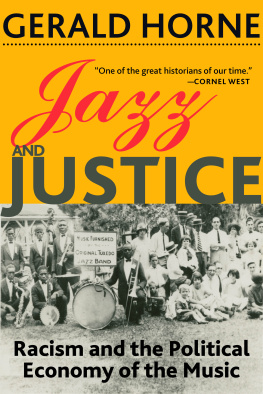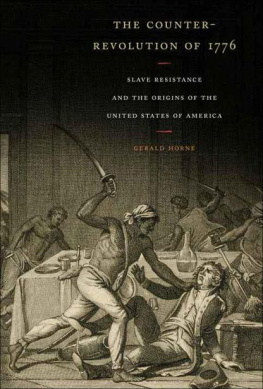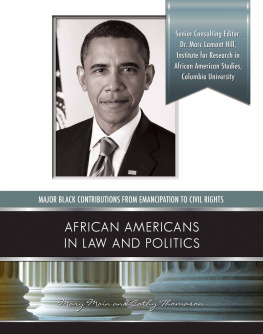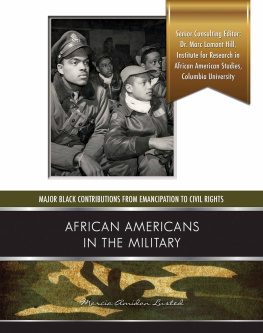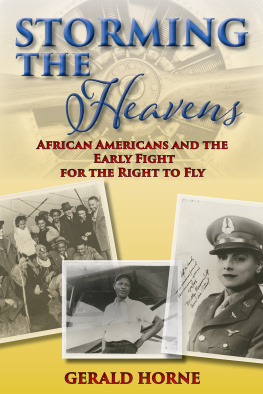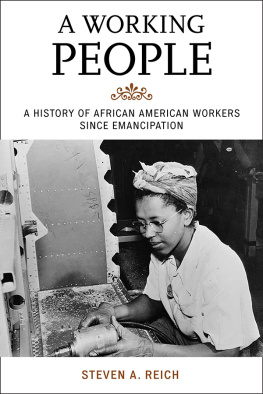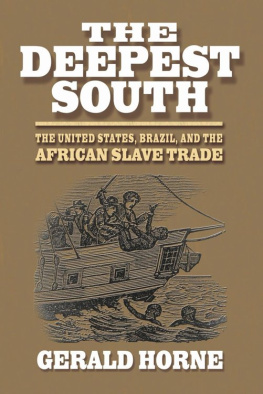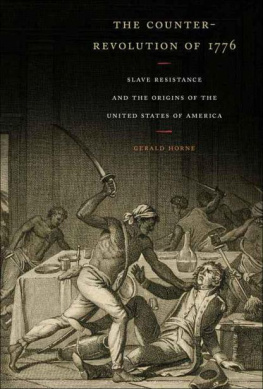Thank you for buying this ebook, published by NYU Press.
Sign up for our e-newsletters to receive information about forthcoming books, special discounts, and more!
Sign Up!
About NYU Press
A publisher of original scholarship since its founding in 1916, New York University Press Produces more than 100 new books each year, with a backlist of 3,000 titles in print. Working across the humanities and social sciences, NYU Press has award-winning lists in sociology, law, cultural and American studies, religion, American history, anthropology, politics, criminology, media and communication, literary studies, and psychology.
Negro Comrades of the Crown
Negro Comrades of the Crown
African Americans and the
British Empire Fight the U.S.
before Emancipation
Gerald Horne

NEW YORK UNIVERSITY PRESS
New York and London
www.nyupress.org
2012 by New York University
All rights reserved
References to Internet websites (URLs) were accurate at the time of writing. Neither the author nor New York University Press is responsible for URLs that may have expired or changed since the manuscript was prepared.
Library of Congress Cataloging-in-Publication Data
Horne, Gerald.
Negro comrades of the Crown : African Americans and
the British empire fight the U.S. before emancipation / Gerald Horne.
p. cm.
Includes bibliographical references and index.
ISBN 9780814773499 (cl: alk. paper)
ISBN 9780814790502 (ebook)
ISBN 9780814744635 (ebook)
1. Slave insurrectionsUnited StatesHistory19th century.
2. African AmericansRelations with BritishHistory19th century.
3. Government, Resistance toUnited StatesHistory19th century.
4. SlaveryUnited StatesHistory19th century. 5. United StatesRelationsGreat Britain. 6. Great BritainRelationsUnited States.
I. Title.
E449.H799 2011
306.3620973dc23 2011028435
New York University Press books are printed on acid-free paper, and their binding materials are chosen for strength and durability. We strive to use environmentally responsible suppliers and materials to the greatest extent possible in publishing our books.
Manufactured in the United States of America
10 9 8 7 6 5 4 3 2 1
Contents
Introduction: NegroesBritish in Their Hearts?
It was mid-summer 1816 and Africans in Florida,
These Negroes were part of what was probably the most profoundly militant and sustained resistance of the enslaved since Europeans
Taking advantage of the war commencing in 1812, the enslaved had fled en masse. When Washington itself was torched by the redcoats in August 1814, one stricken Euro-American reported angrily that the Negroes had
The gloom in Washington was mirrored by the glee among the British. As his compatriots approached Washington, Vice Admiral Alexander Cochrane of the Royal Navy observed of the (formerly) enslaved that as a result of their hatred to the citizens I have already a small corps in arms, which would now rapidly increase. The Blacks are all good horsemen, he noted, and thousands will join upon their masters horses. They were as good [as] Cossacks as any in the Russian Army, he averred, and I believe more terrific [terrifying] to the Americans than any troops that could be brought forward.
As it turned out, the hearty men of the U.S. rallied and in New Orleans in 1815 rebuffed their mortal foeswith the timely aid of men of color in arms, who bested the redcoats, about 10 percent of whom were of African descent
The enemy of my enemy is my friend has long been commonplace in diplomacyand this was no less true of Thornton Blackburn, an escaped slave from Kentucky who found himself in Detroit in 1833.
A few years after Blackburns rescue, this pattern of Negro aggression was repeated. This time the site was Florida, now under the U.S. flag, but as at the Negro Fort, again Negroes and indigenes were on the warpath and the Dade Massacre was executed in one of the most stunning defeats ever absorbed by the new nation.
The Dade Massacre left a deep imprint on the consciousness of Euro-Americans in a manner that rivaled what befell George Custer a few decades later. For it was in 1857 in Oregon that the influential George H. Williams argued passionately against the prospect of allowing Negro slavery in his new homeland. Why? Eastward dwell numerous Indian tribes, he warned, to whose welcome embrace a slave might fly and be safe, and few had forgotten that Major Dades command of 112 (except four) was slaughtered in the Florida war with the Negroes outstripping the Indians in ferocity and brutal treatment of the dead.
A few years after the Florida slaughter, Washington again had reason to be outraged, as the now familiar duo of the Negro and the British Empire struck again. On 7 November 1841 at 9 P.M. as a vessel, the Creole, filled with 135 slaves, made its way from Virginia to New Orleans, suddenly in the waters
Incidents like the Creole mutiny
Meanwhile, London did little to assuage these fears, nor did it help matters with its almost casual indifference toward their erstwhile transoceanic cousins. In 1844, writing from the Isle of Wight, Thaddius di Lusignan made a startling proposal to London. He had lived among the Comanches of the southwest and appealed on their behalf for a war of extermination against the settlers and sought to establish a base in Canada.
In similar vein, when John Browns raid occurred in 1859, helping to trigger civil war, some in the Slave South thought the ultimate culprit was London. The first suggestion of the Harpers Ferry attack, said a proslavery advocate, was made to Brown by British abolitionists in Chatham [Canada] as part of a plot to reclaim the U.S.
Osborne Anderson, a Negro who fought alongside Brown at Harpers Ferry, recalled the time when Brown traveled north to Chatham, Canada, in April 1858: Anderson, who had Canadian roots himself, vividly detailed the critical meeting there on 8 May 1858 at 10 A.M. that marked a gigantic step forward to armed confrontation with enslavement, He recollected their preparation
When the British journalist, James Redpath, ventured to the U.S. South on the eve of the Civil War to do something rarely done by reporters of that eraactually talking to the enslavedhe discovered unsurprisingly that an Englishman is treated with far more and sincerer respect by the slaves than any American. He then stressed, I have seen the eyes of the bondsmen in the Carolinas sparkle as they talked of the probabilities of a war with the old British, agreeing that a war with England now, would, in all probability, extinguish Southern slavery forever.
This is a book about slave resistance in the U.S. (and Negro resistance more broadly)particularly the armed varietyin the broader context of the often tortured diplomatic relationship between the U.S. and the British Empire.
In the pages that follow, I disagree with Genoveses assertion and argue that the alliance between London and Africans within the republic was probably the single most important threat to U.S. national security. I assert further that abolition within the Empire was a diplomatic imperative: it allowed London to gain an advantage on a rising rivaland former colonyby staking out a more progressive position on abolition. This also undermined Caribbean planters who seemed to have dreams of a 1776-style revolt of their own orworse from Londons viewpointaligning more closely with the slaveholders republic.
A major stumbling block to the consolidation of the U. S. was the close relationship between its Negro population and the nation that had sought to
Next page

